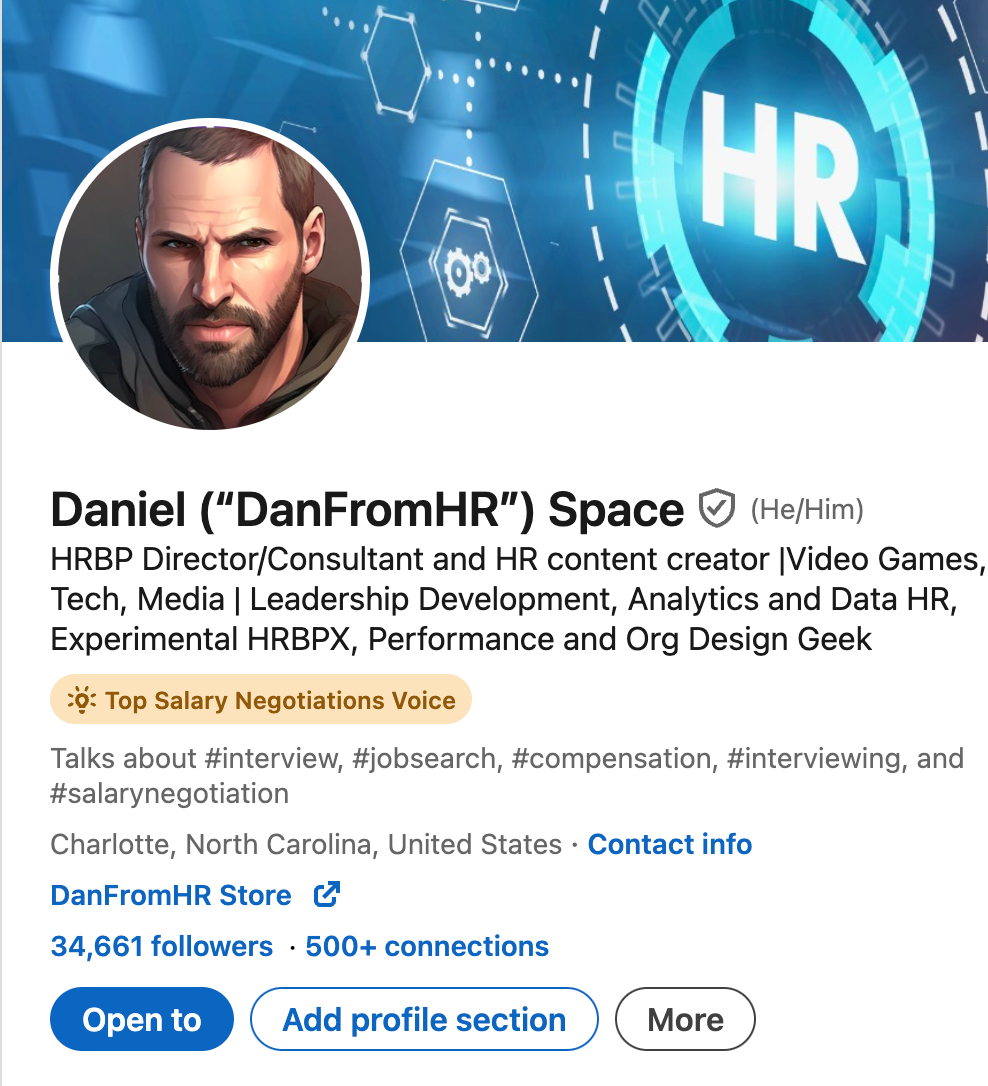
Linkedinfluencers Exploit Your Frustration
Why “Dear Recruiters” and Other Rage Posts Can Cost You Job Offers
LinkedIn is built on visibility. Every like, comment, or post you engage with feeds into a public record of how you interact online. It’s meant to showcase your thought leadership and professional perspective - but since the pandemic, it's also become a trap.
The value of “hero” posts - those written to sound like they’re on the job seeker’s side- are sneaky on several levels, and engaging with them could work against you.
Here are a few examples - and while there are more of the "ra-ra" hero posts, many others are similar to this in which they, the poster, set themselves as the example and exception. They hired the person without experience, gave the one arm kid the job, gave the raise to the woman who asked on the spot.
While those are story driven hero posts - others are just simply ones designed to feel like theyre part of the cause:
- “Dear Recruiters, stop ghosting candidates.”
- “Companies need to stop expecting candidates to interview more than 2 times"
- “If you don’t post the salary, I’m not applying.”
They sound righteous and relatable. The author positions themselves as the “voice of the people,” sparking comment sections full of frustration. And if you join in -even once- it can quietly work against you.
Have you noticed how many of these posts, ask directly for engagement? They gave yoiu a small hit of dopamine by making you feel heard and tapping into the very real frustration job seekers have, and even ask you to share with them what your worst example was.
And many do, thinking they are going to get an empathetic audience and feel sign - maybe this is even someone who can effect change.
But many of you may be surprised to learn that a large majority of ese posts are not even written by the poster themselves! It's a social media person who just knows what gets attention on LinkedIn.
The Rage Algorithm
These posts succeed because they tap into real pain points: hiring inequities, bad candidate experiences, and lack of transparency. But they thrive on emotional amplification encouraging users to react, vent, and pile on.
The more divisive the post, the more engagement it gets and the more engagement it gets, the more LinkedIn rewards it.
And before long, your well-intentioned comment, agreeing with something you thought was harmless or venting and maybe exaggerating about the one "recruiting jerk" becomes a permanent part of your professional footprint.
The Visibility Problem
What most people don’t realize is that “Recent Activity” is one of the first sections recruiters and hiring managers see when they view your profile.
Even if you have a polished headline, a clean summary, and strong recommendations, your last few public interactions can dominate that first impression. A recruiter doesn’t have to scroll far to see if you’ve been arguing in a comment thread or venting about the hiring process - and if you've made particularly nasty comments about the stupidity or uselessness of recruiters or hiring managers - that is their first impression of you.
And yes -it has caused candidates to be quietly disqualified.
Sometimes it’s a judgment call: the tone of your comment reads as combative, cynical, or unprofessional. Other times it’s simple risk aversion; companies avoid candidates who appear frustrated at the system they want to work within.
To those who say "that's not fair, why am I being judged for just venting on LinkedIn" - I'm here to say - I agree with you. And I also see their point of view. My role here isn't to condemn or encourage side, but rather point that this happens.
Real Consequences
Recruiters and hiring managers rarely tell you when this happens. They’ll simply “move on to other candidates” after a quick look at your Recent Activity.
Remember: they’re assessing not just your skills, but also how you might represent their brand internally and externally. A candidate who spends time criticizing recruiters or employers publicly can look like a potential problem even if your frustration was justified.
How to Engage Safely
If you want to stay visible without falling into the outrage trap, try these approaches:
-
Don’t engage with rage-bait posts.
They exist to provoke emotion, not to inform. And the irony is that if you fall for it, you lose a potential opportunity while helping THEM grow their business -
If you can’t resist, make your activity private.
Under your LinkedIn settings, you can limit who can see your “Recent Activity.” Use it. -
Shift from frustration to insight.
Instead of commenting “This is so true,” try adding perspective:
“I’ve seen this happen, and I think the solution starts with better recruiter training and communication.” -
Be selective with what you amplify.
Treat your engagement as part of your personal brand strategy. If you wouldn’t say it in a professional meeting, don’t post it publicly.
But as always, the best advice is usually the hardest to do - just scroll past it.
- Choosing a selection results in a full page refresh.

